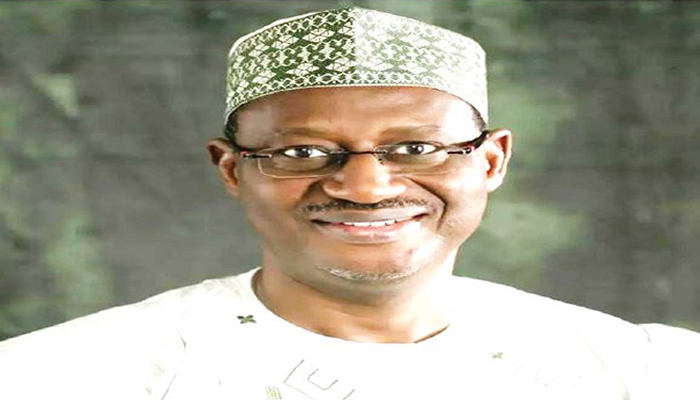Inadequate urban planning in Nigeria has resulted in alarming levels of flooding and the proliferation of slums, illustrating a systemic government failure to address the needs of a rapidly urbanizing population. Cities such as Lagos, Abuja, and Port Harcourt have witnessed the mushrooming of informal settlements, where millions reside in deplorable conditions devoid of basic services like clean water, sanitation, and reliable housing. This crisis is compounded by rural-urban migration fueled by economic opportunities, yet Nigeria’s urban planning framework remains unprepared to manage the ensuing population boost. As noted by Babatunji Adegoke, the Treasurer of the Nigerian Society of Engineers, although Nigeria has established planning laws, their inconsistent implementation encourages the growth of affluent neighborhoods while neglecting the working-class populations, ultimately leading to the emergence of slums.
Recent data highlights the magnitude of the slum crisis: in Lagos alone, 169 slum communities have been identified, with some slated for regeneration efforts within a poorly executed urban planning strategy. Experts, including Professor Taibat Lawanson from the University of Lagos, emphasize the urgent need for focused intervention in these areas, which are not merely problems but crucial parts of the urban landscape that require sustainable solutions. The call for slum regeneration echoes through various sectors, with professionals arguing that these informal settlements, often strategically located near economic hubs, offer opportunities if properly revitalized. Programs aimed at redesigning these environments could alleviate Nigeria’s housing deficit, estimated between 17 and 28 million units, by transforming slums into livable spaces that cater to the needs of low-income residents.
However, the issue of slum regeneration faces significant resistance. Many residents of slum areas view their homes not just as property but as familial heritage, complicating relocation efforts proposed by redevelopment projects. As noted by Olorunyomi Alatise, the redevelopment process must involve adequate compensation and sensitivity to the emotional attachments people have to their homes. Furthermore, ensuring the affordability of housing post-regeneration is critical; without considerations for income levels, newly developed housing risks becoming inaccessible to the very populations that need it most. Hence, any successful strategy to address the housing crisis must incorporate thorough community engagement and financial planning to ensure that redevelopment initiatives are viewed as beneficial rather than disruptive.
Flooding, compounded by ineffective urban planning, is another pressing challenge for Nigeria’s cities. The lack of thoughtful land-use planning and weak enforcement of building codes often leads to inappropriate construction practices in vulnerable areas, exacerbating flooding risks, particularly in cities like Lagos and Port Harcourt. Experts highlight that poor planning and infrastructural neglect leave urban populations susceptible to weather-related disasters, damaging property and imposing health risks through waterborne diseases. Urban planners like Prof. Musibau Jelili and Ayomide George emphasize the necessity for improved planning practices, as the current framework has not kept pace with the rapid urban growth and environmental challenges faced by Nigerian cities.
Integrating artificial intelligence into urban planning presents a promising avenue to address these multifaceted issues. By harnessing AI, urban planners can enhance the efficiency of land use and improve resource management, ultimately contributing to more resilient urban spaces. Experts suggest that AI offers a means to optimize various aspects of urban living, from minimizing environmental impacts to ensuring equitable access to housing. While recognizing that AI cannot replace the human element essential in urban design, there is optimism that this technology can provide valuable insights, enhancing decision-making processes and guiding the development of healthier and more sustainable urban environments.
The Nigerian government has initiated several urban planning frameworks and policies aimed at curbing the sprawl of slums and enhancing urban living conditions, including the National Urban Development Policy and specific master plans for key cities. Despite these efforts, challenges such as inadequate funding and weak regulatory enforcement persist, hampering effective implementation. Lessons can be learned from international precedents, such as initiatives in the United Arab Emirates that leverage innovative technologies in urban planning. Adopting similar strategies could help Nigeria not only better manage its urbanization challenges but also contribute to broader economic growth and improved quality of life for its citizens. For effective change to occur, a multifaceted approach that synthesizes technology, community engagement, and robust policy enforcement will be essential in transforming Nigeria’s urban landscape into a more equitable and sustainable environment for all.














